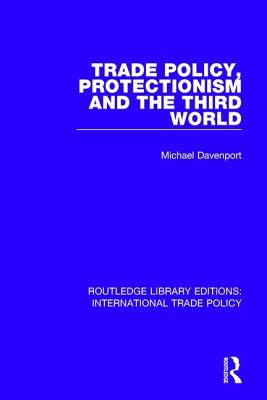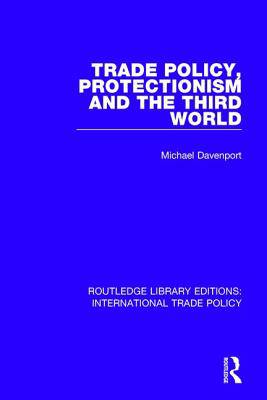
- Retrait gratuit dans votre magasin Club
- 7.000.000 titres dans notre catalogue
- Payer en toute sécurité
- Toujours un magasin près de chez vous
- Retrait gratuit dans votre magasin Club
- 7.000.0000 titres dans notre catalogue
- Payer en toute sécurité
- Toujours un magasin près de chez vous
Description
The 1980s saw an alarming revival of protectionism among Western countries, as a result of a decade of persistent economic crises, slow growth, industrial decline and rising unemployment. The two major actors, the US and the European Community, between them bore the major responsibility for the breakdown of the liberal world trading system. Protection in the 1970s and 1980s took the form of replacing free international markets by bilateral agreements. This book, first published in 1986, examines the European Community's Generalized System of Preferences, whereby the manufactured exports of developing nations would have duty-free access to the markets of the EEC, and the consequences to this System of the new protectionism.
Spécifications
Parties prenantes
- Auteur(s) :
- Editeur:
Contenu
- Nombre de pages :
- 170
- Langue:
- Anglais
- Collection :
- Tome:
- n° 28
Caractéristiques
- EAN:
- 9781138300712
- Date de parution :
- 12-10-17
- Format:
- Livre relié
- Format numérique:
- Genaaid
- Dimensions :
- 156 mm x 233 mm
- Poids :
- 469 g

Les avis
Nous publions uniquement les avis qui respectent les conditions requises. Consultez nos conditions pour les avis.






